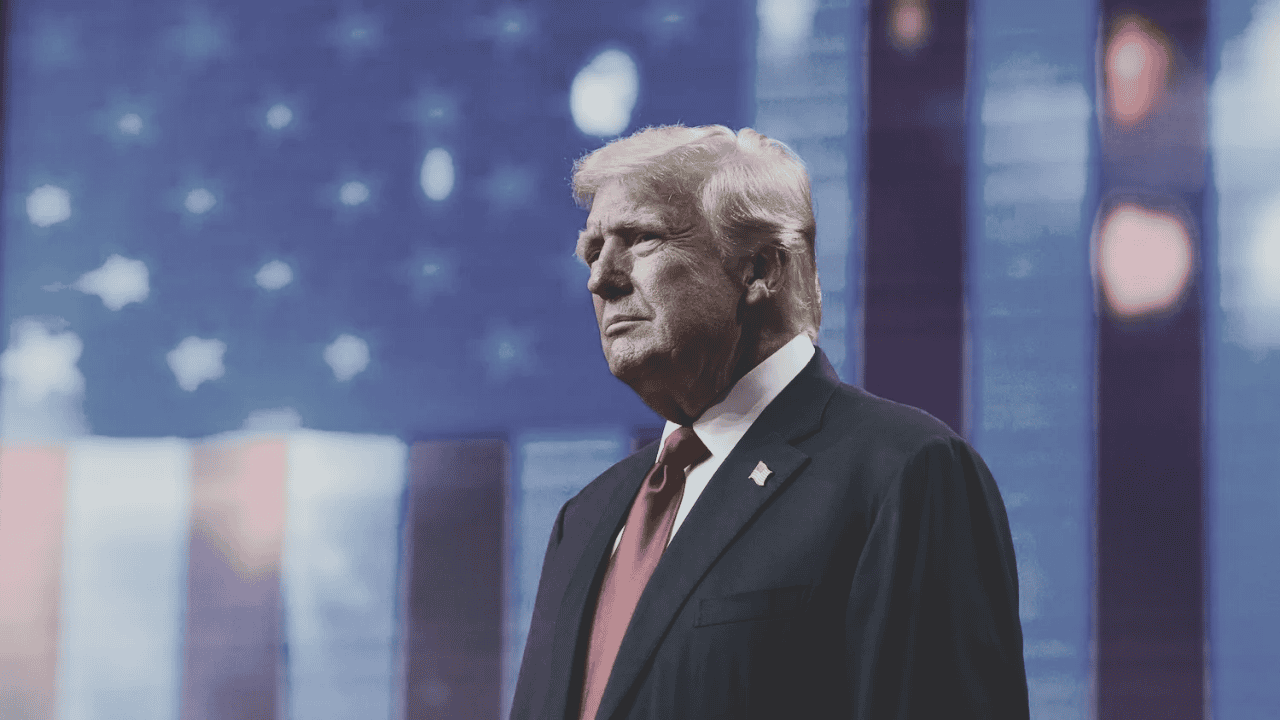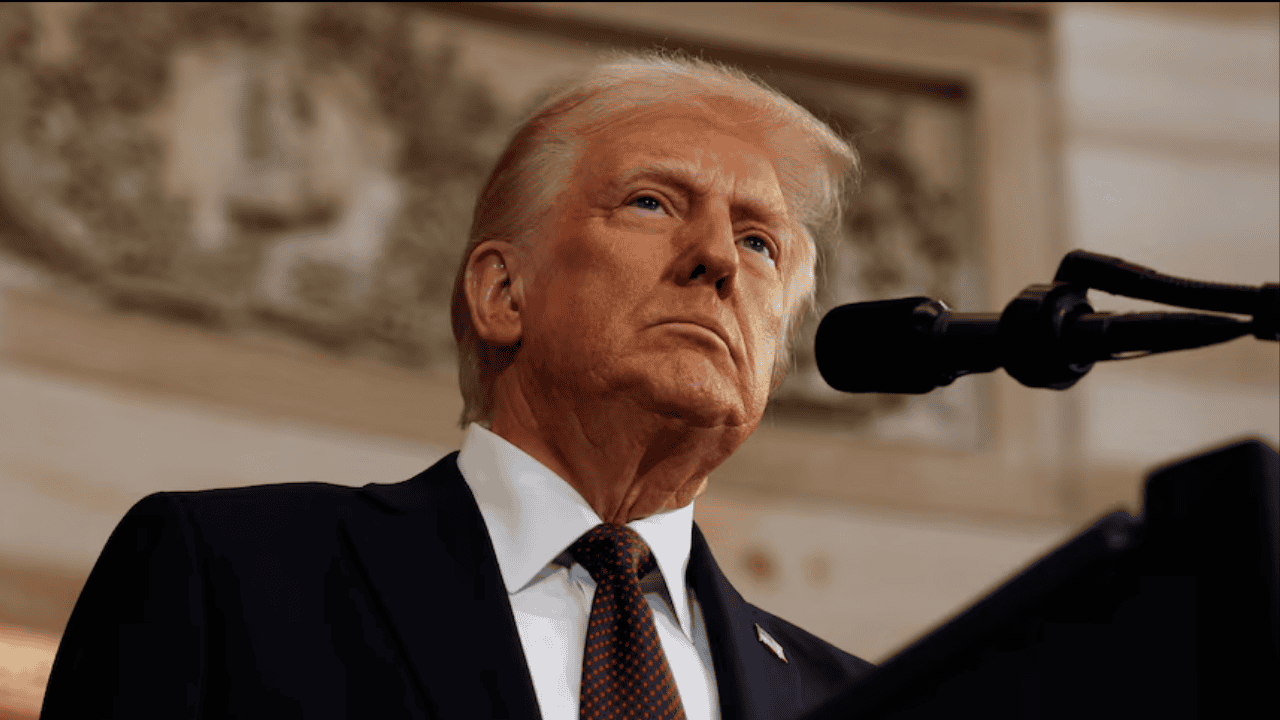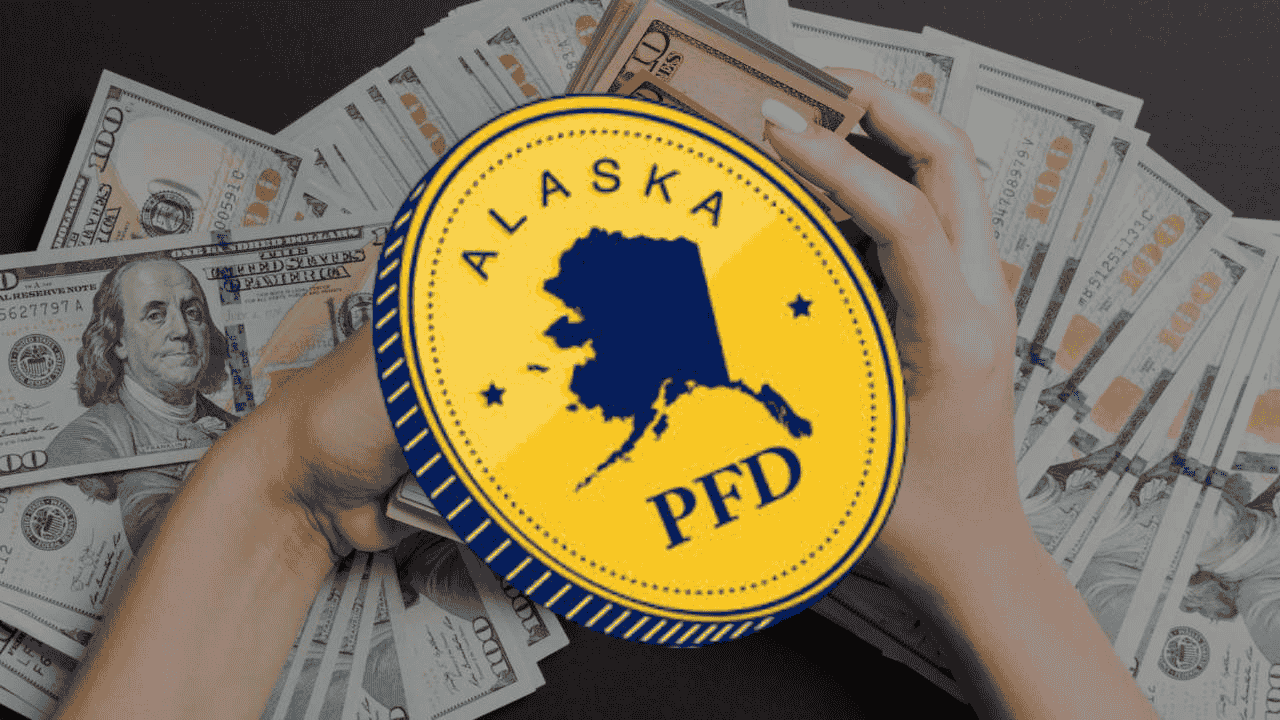One year before the 2026 midterm elections, a new national poll reveals growing voter frustration with President Donald Trump’s handling of the economy. The data suggests that economic dissatisfaction may shape the political environment heading into next year’s congressional contests.
At the same time, Democrats appear to hold an early advantage in the race for control of Congress, though voter sentiment remains unpredictable. Both parties are actively testing strategies to connect with voters amid shifting opinions about the economy, government spending, and the direction of the country.
Meanwhile, closely watched gubernatorial races in New Jersey and Virginia are offering a preview of political momentum heading into 2026. Party leaders, including Trump, Barack Obama, and several state-level candidates, are intensifying their efforts to influence voters ahead of critical elections.
1. National Poll Insights

According to a new NBC News national poll, nearly two-thirds of registered voters—about 63 percent—say President Trump has not met their expectations on the economy. This figure mirrors similar voter sentiment seen during President Barack Obama’s 2010 midterm cycle, which resulted in major losses for Democrats.
The poll shows Democrats leading Republicans on the question of who voters want to control Congress, by a margin of 50 to 42 percent. This is the largest Democratic advantage in NBC polling since the 2018 midterms. However, other recent surveys suggest a much closer national divide, consistent with the competitive elections of 2020, 2022, and 2024.
While the numbers favor Democrats now, party strategists remain cautious. The Democratic brand continues to face challenges among independents and some within its own base. Events like the recent government shutdown have temporarily influenced voter frustration, with 52 percent blaming Trump and congressional Republicans, though 42 percent also blame Democrats—a higher number than in past years.
2. Governors’ Races Signal Early Trends
Key Contests in Virginia and New Jersey
As the 2025 campaign season concludes, attention turns to two major gubernatorial races—one in Virginia and another in New Jersey. These contests are the first major elections since President Trump’s 2024 reelection, providing insight into how both parties are preparing for the next midterm cycle.
In Virginia, former Democratic Representative Abigail Spanberger has maintained consistent polling and fundraising leads over Republican Lieutenant Governor Winsome Earle-Sears. In New Jersey, Democratic Representative Mikie Sherrill faces a tighter race against Republican candidate Jack Ciattarelli, a former state legislator.
Strategy and Messaging
Both races highlight larger questions about how Democrats can rebuild momentum and how Republicans can keep Trump’s base engaged without his name directly on the ballot. Democrats have focused on the high cost of living and outreach to Latino voters, while Republicans are emphasizing economic growth and local leadership.
Spanberger and Sherrill, both elected during the Democratic wave of 2018, are now seen as leading figures trying to push back politically against Trump’s renewed influence in Washington. Sherrill described state leadership as the “last line of defense” for Democrats, given Republican control of the presidency, Senate, House, and a conservative-leaning Supreme Court.
3. Political Landscape Beyond the Races
Democratic Support and National Figures
Former President Barack Obama joined Democrats on the campaign trail over the weekend, appearing in Newark with Sherrill and in Norfolk with Spanberger. His events were aimed at motivating voters, particularly in areas where turnout concerns persist. While Trump endorsed Ciattarelli, he has opted for remote campaigning, participating in two telephone rallies for the New Jersey and Virginia candidates.
Developments in Other Key States
In California, sources say former House Speaker Nancy Pelosi, now 85, may choose not to seek reelection in 2026 after nearly 40 years in Congress. A formal announcement is expected after state elections conclude. Voters will also decide on Proposition 50, a major redistricting initiative supported by Governor Gavin Newsom, who expressed confidence in its passage.
In Pennsylvania, three Democratic state Supreme Court justices face retention votes that could reshape the state’s judicial balance. Justice David Wecht warned that a loss of all three could produce a two-year deadlock on the state’s highest court, calling such a scenario “disastrous.”









